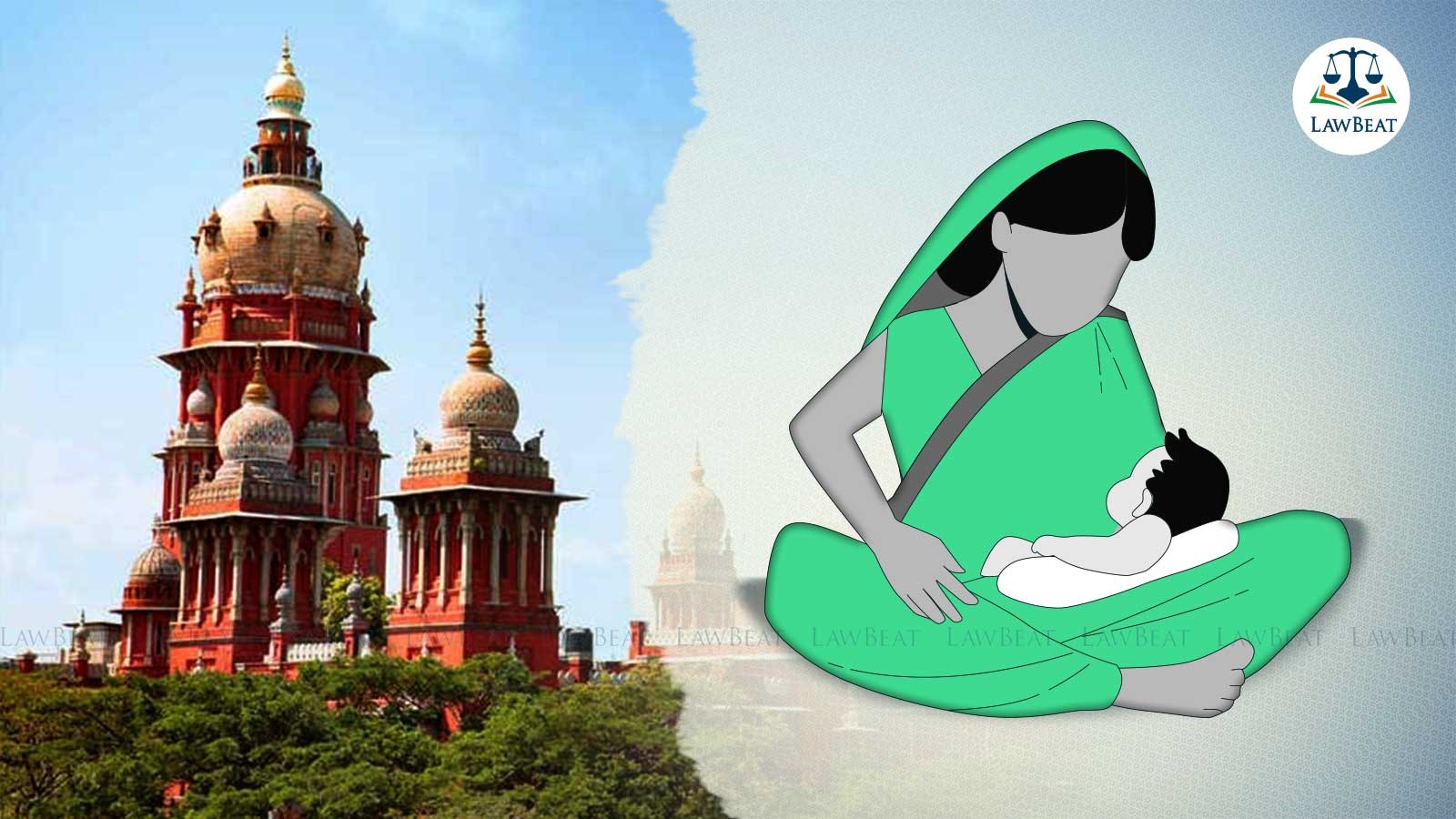Biological Mother's Marital Status Cannot Be Determining Factor in Adoption of Child: Madras HC

A journalist and his wife, a government employee, sought to adopt a 3-year-old boy born to a minor mother from an illicit relationship
The Madras High Court recently observed that the marital status of a Hindu woman cannot be the determining factor in deciding the adoption of her biological child.
The bench of Justice GR Swaminathan emphasised that Section 9 of the Hindu Adoptions and Maintenance Act, 1956 uses the expressions “father” and “mother” rather than “husband” and “wife” and even the proviso to sub-section (2) of Section 9 does not envisage obtaining the consent of one's spouse, if alive.
"It is possible that a child may be born through a live-in relationship or on account of illicit intimacy. The mother may like to give the child in adoption in order to ensure a proper future for the child. The father may have abandoned his child. He may not be around to assume responsibility," the judge explained.
A writ petition was filed by a man challenging the district authorities' refusal of an adoption deed. His case was that he and his wife decided to adopt a three-year-old male kid who was born out of an illicit relationship. The child's mother was a minor when she conceived him.
The deed of adoption was executed and presented for registration. However, the registering authority refused registration because the child's biological mother had attained majority and remained unmarried at the time of adoption and therefore, there was lack of consent from the child's biological father. Challenging the impugned refusal check slip, this writ petition was filed.
The court observed that in the matter at hand, since all parties involved were Hindus, the Hindu Adoptions and Maintenance Act, 1956 applied and the key issue for consideration was whether the adoption was invalid due to the lack of consent from the child's biological father.
Court said that the answer lies in Section 6(b) of the Hindu Minority and Guardianship Act, 1956.
"It states that in the case of a Hindu minor illegitimate boy or an illegitimate unmarried girl, the mother is the natural guardian and after her, the father...On the Act coming into force, the mother of the illegitimate minor child alone is the guardian of his person and property," court held.
Court held that in the present case, the biological mother of the child was competent to give him in adoption.
Furthermore, court clarified that the proviso to Section 9(2) of the Act will kick in only if the father is around to claim paternity over the child.
Corut referred to Supreme Court's decision in Githa Hariharan v. RBI (1999) where the expression “after” occurring in Section 6(a) of the Hindu Minority and Guardianship Act, 1956 was considered and it was held that the word “after” need not necessarily mean “after the lifetime” rather it would mean “in the absence of”, the word “absence” referring to the father's absence from the care of the minor's property or person for any reason whatsoever.
If the father is wholly indifferent to the matters of the minor and the mother is exclusively in charge, the father can be considered to be absent and the mother can be recognized as natural guardian and she can act validly on behalf of the minor. The very same approach can be adopted in the present case also, the high court held.
Court clarified that since in the present case, though the biological father of the child was alive, he had remained absent for all practical purposes in the child's life, therefore, the mother being in charge, could not be called upon to obtain his consent for child's adoption.
Concluding the matter, court while complimenting the petitioner and his wife for taking the child in adoption, set aside the impugned order and allowed the parties to represent the documents. Court directed the registering authority that on such re-presentation subject to fulfilment of the other usual formalities, register the adoption deed.
Case Title: Ashok Kumar v. The Inspector General of Registration and Others
